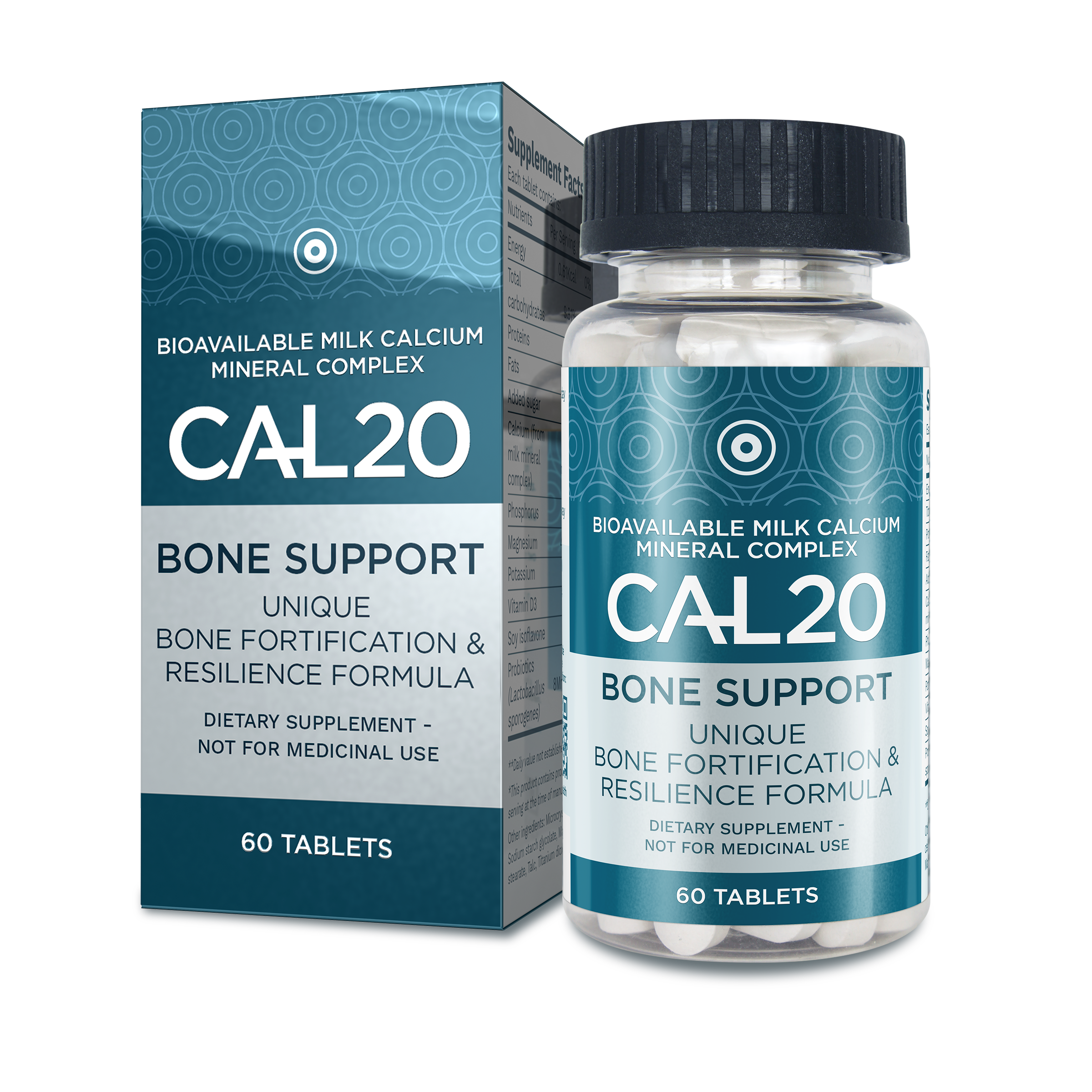As one of the world’s top mountain bikers, Ariane Lüthi understands the importance of staying at her best. During a period of underperformance, she posted on her Facebook page that her doctor had recommended a top performance enhancing treatment – SLEEP.
The following article is an excerpt from the book Younger for Longer by Dr. Duncan Carmichael
Glymphatic Activation
The glymphatic system is a network of vessels in the brain that helps to remove waste and toxins from the brain. It can be thought of as the brain’s trash being eliminated through lymphatic activation. In the rest of your body, the main system that carries out this role is the lymphatic system, which drains toxins and excretes them; the lymph nodes are key to your lymphatic system. As the most energy-hungry organ in the body, the brain has no lymph nodes, yet it constantly generates toxins. How does your brain accomplish this? It turns out that there’s a system called the glymphatic system that helps remove toxins from our brains. This system works when we sleep. The pathways in this system get bigger and do their job when we sleep. Maiken Nedergaard and her team discovered this when they studied the brains of mice using a new type of microscope. They found that when the mice slept, their brain cells opened up and cerebrospinal fluid flowed through, taking away toxins and bringing in nutrients. This includes a protein called beta-amyloid which builds up in our brains when we’re awake and is linked to Alzheimer’s disease.
Consolidating memory and skills
Sleep has two main stages: rapid eye movement (REM) sleep and non-rapid eye movement (NREM) sleep. NREM sleep has four stages with gradually slower brain waves. Both REM and NREM sleep are important for our health, and they happen in 90-minute cycles during the night. According to the sleep graph, NREM sleep is more prominent at the beginning of the night, while REM sleep, where we dream and our muscles are paralyzed, happens more in the later hours. We need both types of sleep, and if we miss out on one, it can harm our health. NREM sleep helps move facts from temporary storage to more secure, permanent sites, making it a good idea to get a good night’s sleep before an exam. It is also when the glymphatic system removes toxins, including those linked to Alzheimer’s. REM sleep is more creative and helps with problem-solving and emotional intelligence. It also helps us remember how to do things, so if you struggle to learn a new skill, REM sleep may help. Not only humans, but other animals like mice also have REM sleep, and it is where we consolidate what we have learned into a more permanent skill.
Building Neurotransmitters
Neurotransmitters are hormones in the brain that deliver messages. We learned about serotonin, which is sometimes called the “happy hormone”. When we sleep, serotonin gets reset. If you stay up all night, you might feel sad the next day and want to eat unhealthy food. This happens because your serotonin receptors are tired. It’s very important for people dealing with cravings and addictions to get enough sleep.
Rebuilding Hormone Levels
This is another important thing that happens when we sleep. When we don’t get enough sleep, our hormones wreak havoc. This means that cortisol, testosterone, and growth hormone levels drop. Women may have problems with their ovary function and lower fertility. Men who are very tired and only sleep for five hours a night may have low testosterone levels and no interest in sex. Giving testosterone to someone like that does not help much. The solution is to sleep for eight hours every night. In summary, fixing a hormone problem is often not useful if we don’t fix the root cause, which is not getting enough sleep.
Simply put, our bodies do many important things while we sleep. If we don’t get enough sleep, our health can suffer a lot. But if we do get enough sleep, we can thrive.




